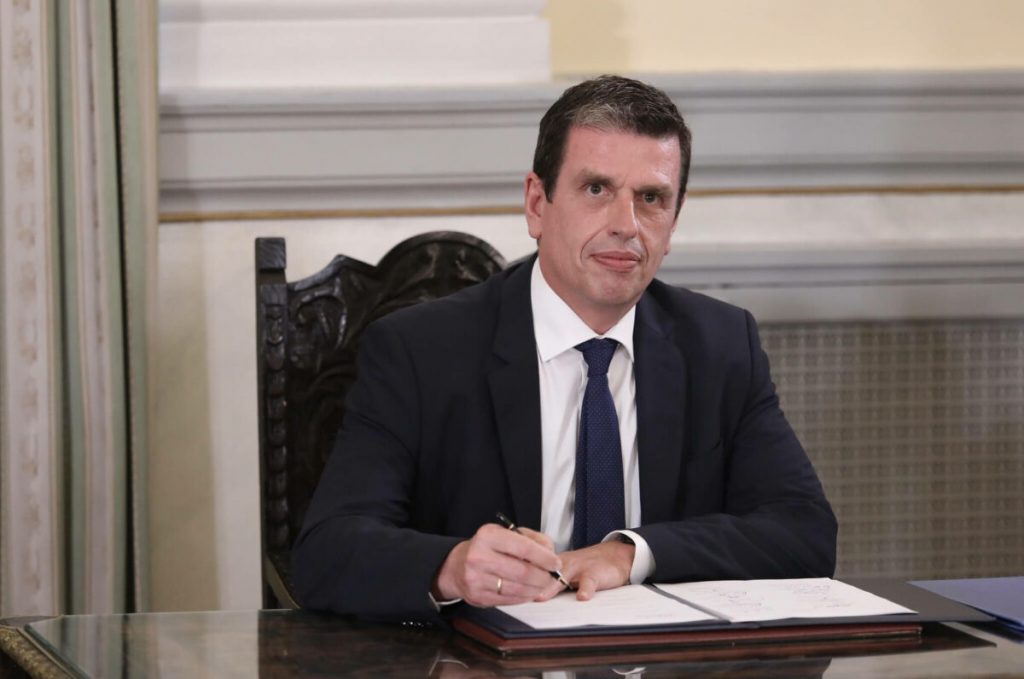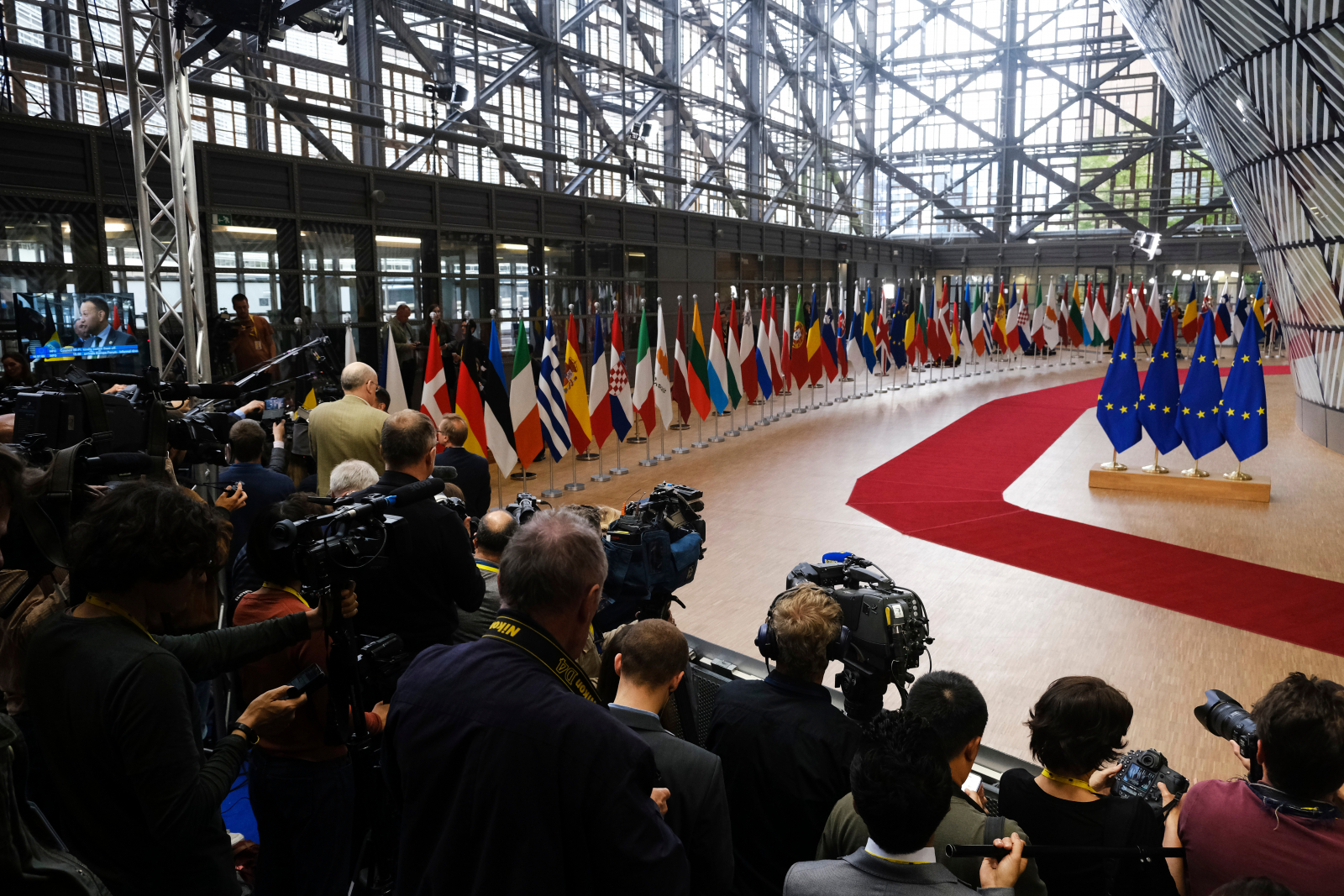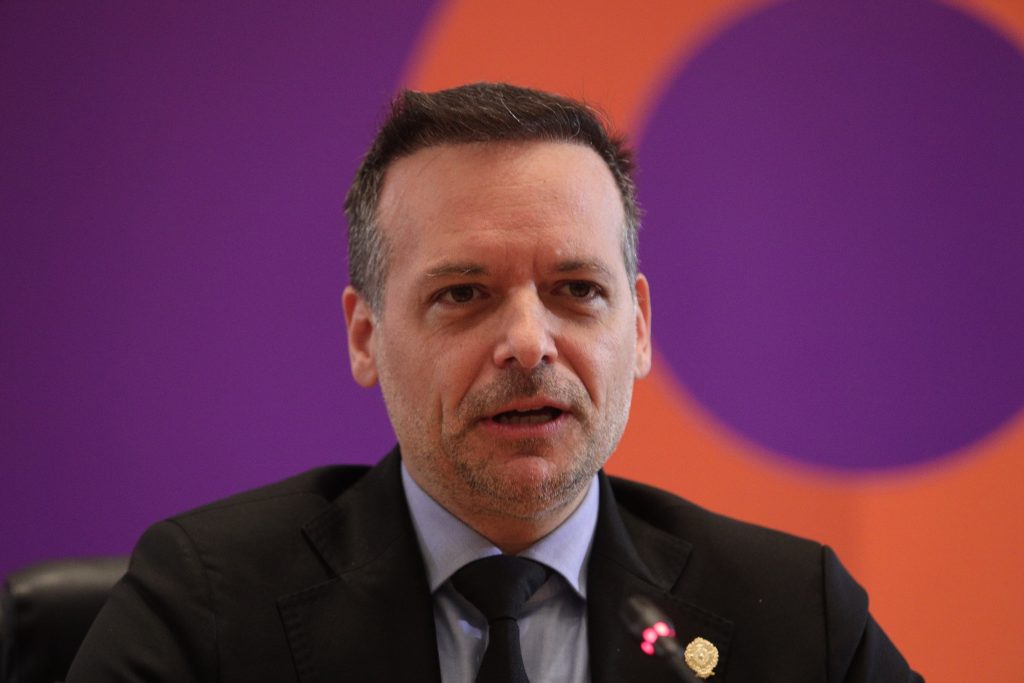The European Union’s leaders are holding an emergency summit in Brussels on Thursday, March 6. The meeting will focus on two key issues, the European defense and the ongoing crisis in Ukraine.
Against a backdrop of rapidly evolving geopolitical development, following U.S. President Donald Trump’s recent decision to halt military aid to Ukraine, the EU is now faced with the urgent task of forging its own independent defense strategy.
The push for European defense autonomy is gaining traction, with EU officials acknowledging a growing willingness among member states to take decisive steps in that direction.
French President Emmanuel Macron highlighted this shift in a televised address on Wednesday night, announcing a substantial increase in defense spending and the initiation of discussions regarding France’s nuclear capabilities in the context of European security.
He urged the French public to brace for any eventuality given the escalating crisis in Ukraine.
Meanwhile, Friedrich Merz, expected to be Germany’s next chancellor, emphasized the need for Europe to secure its own defense capabilities, warning that “the future of NATO remains uncertain.”
Adding further weight to the discussion, the summit will also examine a newly proposed 800 billion euros defense initiative, Rearm Europe, recently unveiled by European Commission President Ursula von der Leyen.
“We will remain close to NATO, but this is Europe’s moment to step up,” she stated.
Ukraine Crisis Dominates Summit Amid EU Divisions
The Ukraine crisis tops the EU summit’s agenda, with fears growing over a possible U.S.-Russia deal that could sideline both the EU and Kyiv. Ukrainian President Volodymyr Zelensky is expected to attend the meeting either in person or via video link.
A draft communiqué urges sustained military aid to Ukraine, but Hungary has refused to back it. The opposition from Hungary and Slovakia—both seen as pro-Russian—raises concerns over EU unity.
European Council President António Costa is working to bridge divides, particularly with Hungarian Prime Minister Viktor Orbán, who advocates for direct EU-Russia negotiations. As talks unfold in Brussels, the EU’s ability to stay united is under intense scrutiny.




